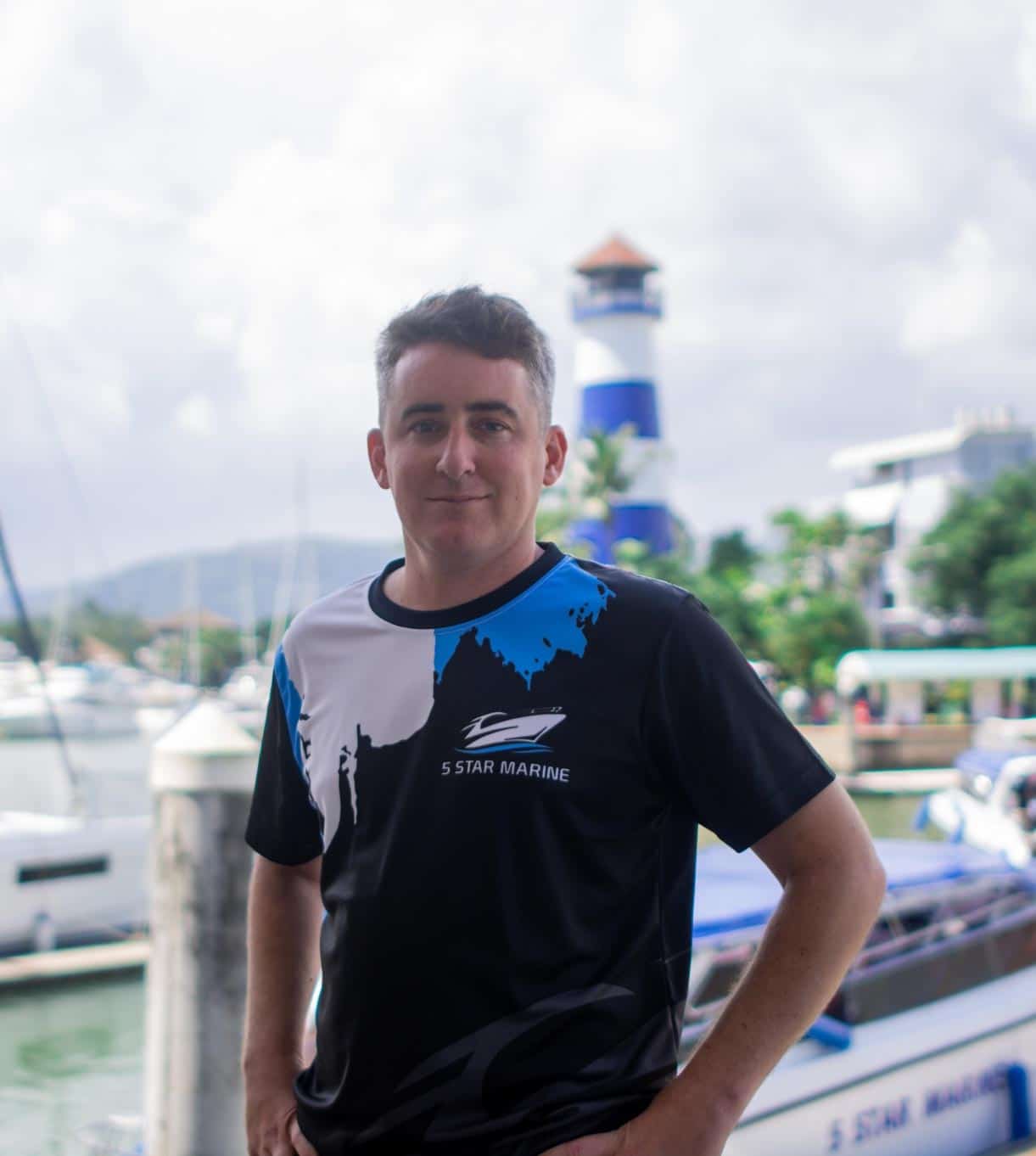LATEST NEWS: Similan Islands Thailand are now fully Open!
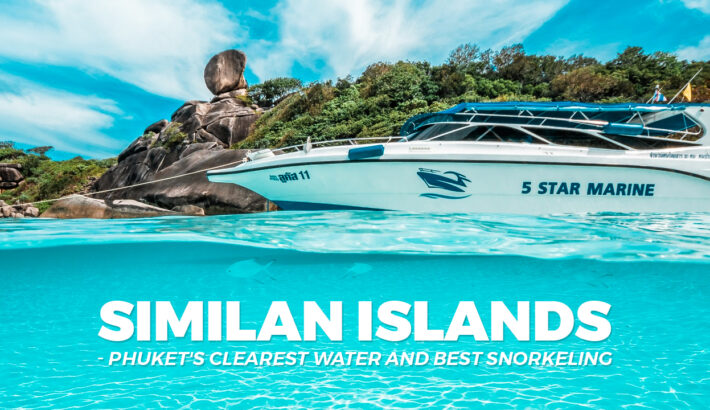
Are Similan Islands Open 2023?
Are Similan Islands Open 2023?
The Similan Islands will open on 15th October 2023
 The Similan Islands are open for visitors from 15th October to 15th May and closed the rest of the year during the Thailand rainy seasons.
The Similan Islands are open for visitors from 15th October to 15th May and closed the rest of the year during the Thailand rainy seasons.
Thailand’s Natural Treasure: The Similan Islands
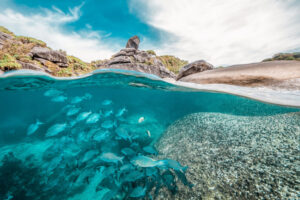 The Similan Islands became a Thailand national park in 1982. They are an archipelago of 11 islands in the Andaman Sea, 70 km off the coast in Phang Nga Province.
The Similan Islands became a Thailand national park in 1982. They are an archipelago of 11 islands in the Andaman Sea, 70 km off the coast in Phang Nga Province.
A rich marine life consisting of hard and soft coral reefs, crystal clear waters, and white beaches the Similan Islands are one of the best diving and snorkeling sites in the world.
Nestled in the azure waters of the Andaman Sea, the Similan Islands stand as a testament to the remarkable beauty and ecological importance of Thailand’s natural wonders. Comprising a cluster of eleven islands, the Similans are often regarded as a paradise for nature enthusiasts, divers, and conservationists alike.
Book a tour to the Similan Islands here
Why are the Similan Islands so important?
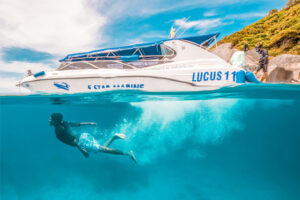 The Similan Islands are renowned for their exceptional biodiversity. The islands are home to a plethora of unique plant and animal species. Lush forests and diverse ecosystems support a range of wildlife, including monitor lizards, flying foxes, and various bird species.
The Similan Islands are renowned for their exceptional biodiversity. The islands are home to a plethora of unique plant and animal species. Lush forests and diverse ecosystems support a range of wildlife, including monitor lizards, flying foxes, and various bird species.
BUT Underwater, is where the Similans reveal a real mesmerizing world of marine life. The clear waters teem with vibrant coral reefs, making it a prime destination for snorkeling and diving enthusiasts. Divers are treated to sightings of colorful reef fish, majestic manta rays, leopard sharks, and even the elusive whale shark. The health and vitality of these coral reefs are crucial not only for their own sake but also for the larger marine ecosystem they support.
Whale sharks and manta rays are rare sightings, but they show up around March-April.
Book a tour to the Similan Islands here
Coral reefs are often referred to as the “rainforests of the sea,” as they play a pivotal role in maintaining marine biodiversity and providing essential ecosystem services. The Similan Islands‘ coral reefs act as nurseries and habitats for a wide array of marine species, contributing to the overall health of the Andaman Sea’s ecosystem. They also provide coastal protection, helping to buffer against the impacts of storms and rising sea levels.
Moreover, healthy coral reefs contribute to the tourism industry, drawing visitors from around the world to experience the unparalleled beauty of the underwater world. The revenue generated from eco-tourism supports local economies and highlights the symbiotic relationship between conservation and sustainable development.
Why are the Similan Islands closed during Rainy Season?
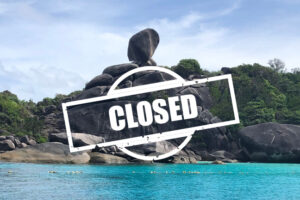 Recognizing the ecological significance of the Similan Islands, the Thai government designated the area as a Thailand national park in 1982. This status offers legal protection to the islands and their surrounding waters, limiting human impact and ensuring the preservation of their natural beauty.
Recognizing the ecological significance of the Similan Islands, the Thai government designated the area as a Thailand national park in 1982. This status offers legal protection to the islands and their surrounding waters, limiting human impact and ensuring the preservation of their natural beauty.
Regulations on fishing, waste disposal, and tourism activities are enforced to minimize negative environmental effects.
As with many fragile ecosystems, challenges persist. Climate change, overfishing, and pollution pose significant threats to the health of the Similan Islands’ marine and terrestrial environments. Continued efforts are required not only to enforce existing regulations but also to raise awareness and encourage sustainable practices among visitors and local communities.
The Similan Islands stand as a testament to the incredible diversity and beauty that the natural world has to offer. Their significance goes beyond their aesthetic appeal, encompassing their role as a biodiversity hotspot, a crucial component of the marine ecosystem, and a source of sustainable tourism revenue. The importance of preserving these islands cannot be overstated, as they provide a glimpse into the delicate balance of life on Earth and serve as a reminder of our responsibility to protect and conserve our planet’s precious resources for generations to come.
Book a tour to the Similan Islands here




